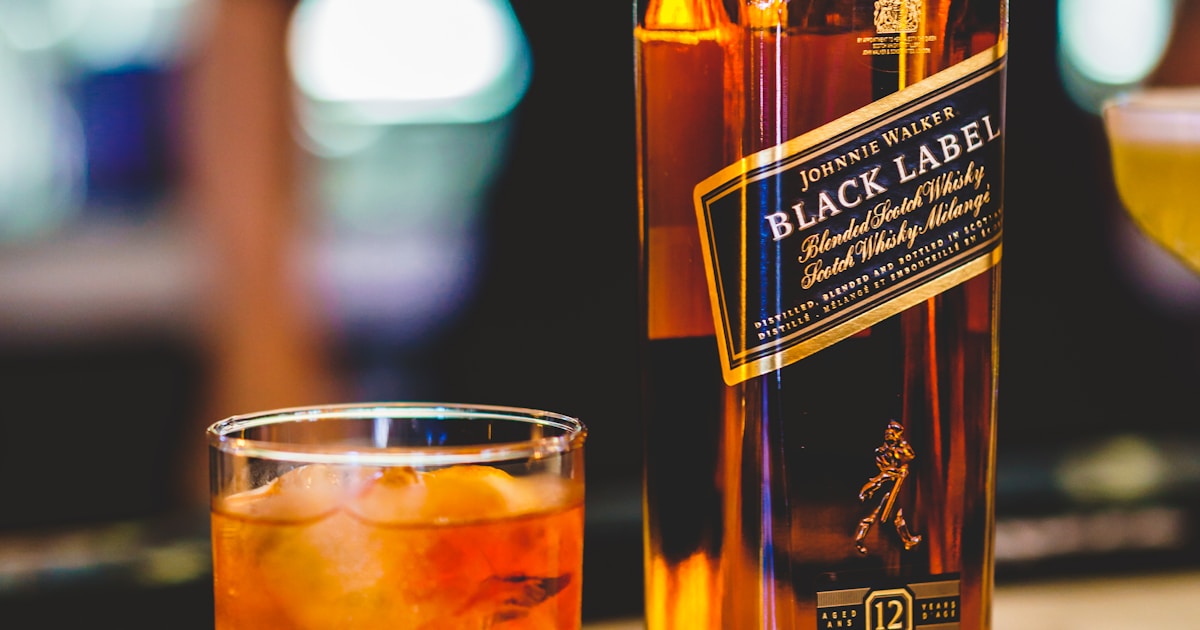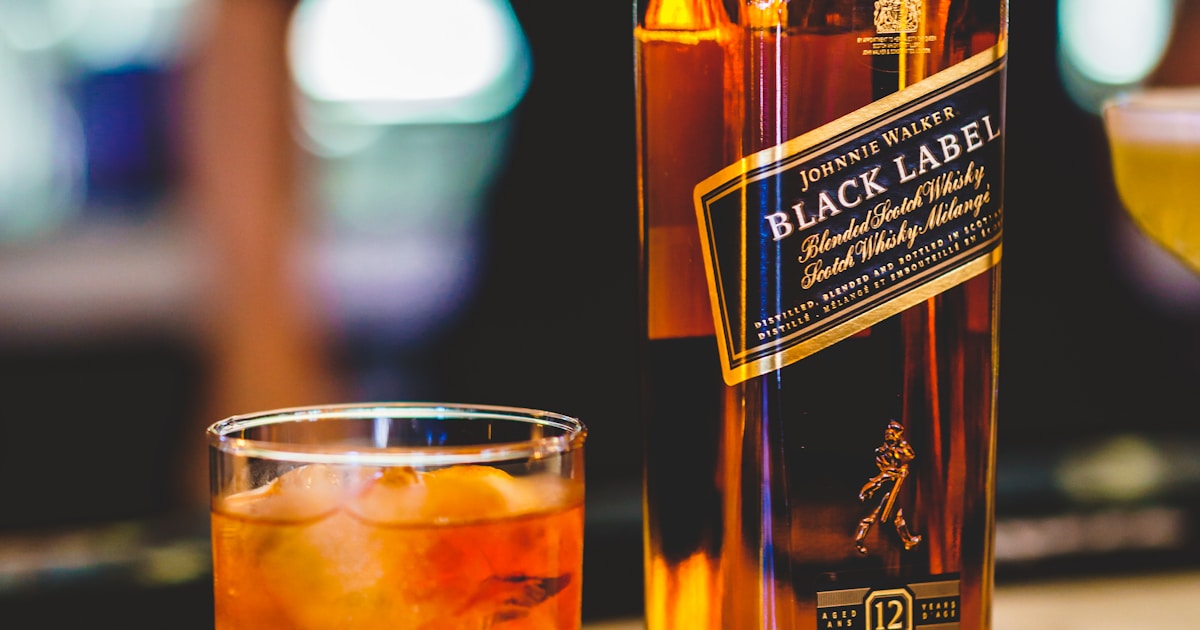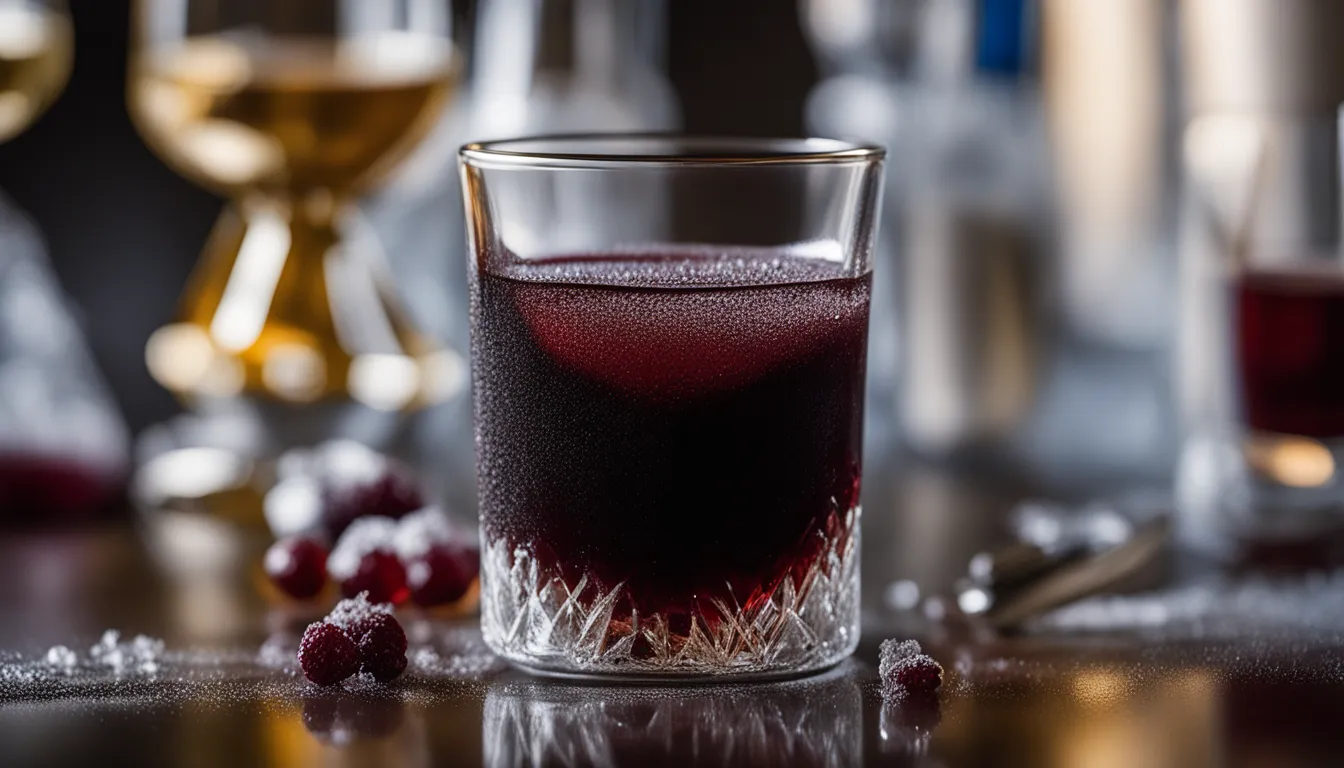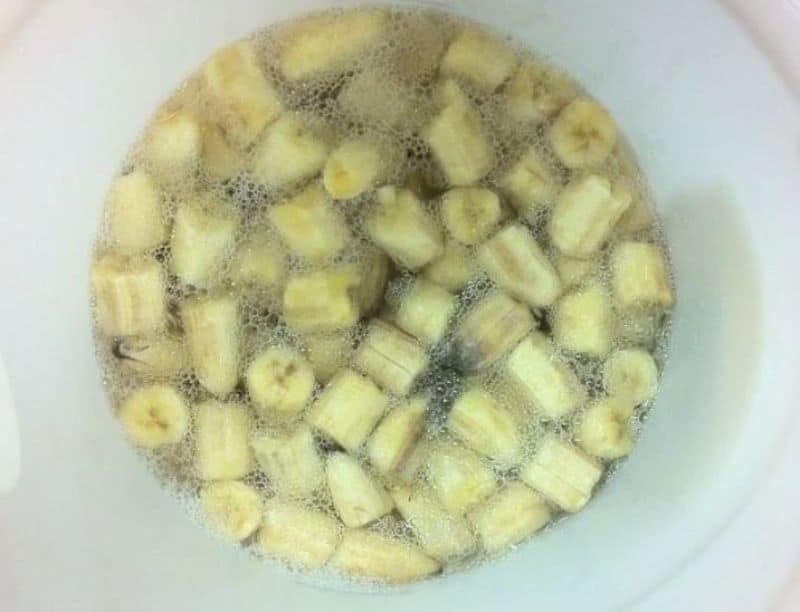The freezing point of most alcoholic drinks (hard liquor) is -173.4°F (-114.1°C) There is nothing like a chilled drink after a hard day at work or to celebrate a special occasion. But what happens if you forgot to put your favorite drink in the fridge ahead of time? Well, you would just put your drink in the freeze for some time to chill it down quickly. Since beer and wine can freeze in a conventional freezer, causing bottles to break or even explode, you should make sure not to leave your drinks for too long. Stronger alcoholic drinks usually don't freeze in a conventional freezer - this post gives an overview of the freezing point of various alcoholic drinks.
In general, it can be said that the more alcohol a drink contains, the lower its freezing point. The freezing point of water is at 32°F (0°C) while the freezing point of ethanol (the alcohol we drink) is at -173.4°F (-114.1°C). Since alcoholic drinks are mostly a mixture of water and ethanol, the freezing point can be derived from the alcohol content in the mixture.
The fact that alcohol and water freeze at different temperatures is also used in the commonly called freeze distillation process, or freeze concentration process. During this process, a fermented liquid is frozen at a temperature below 32°F (0°C). During the defrostation process, the alcohol and flavor components will liquidify before water does.
All you need to do is to collect the liquids and discard the leftover ice - which is mostly water. This is a great way to "distill at home" without the need for a still or heat. You can check out our post about freeze distilling here and learn how to create some great fortified wine at home without a still.
But now, let's have a look at the freezing temperatures of conventional alcoholic drinks and whether it is safe to store them in a freezer:
At what temperature does beer freeze?
Since the carbon dioxide inside the beer expands greatly when the drink freezes, freezing a beer bottle usually makes the bottle explode. This can either mess up your fridge or even hurt you. So make sure not to leave the beer in the freezer for more than 10-15 minutes.
At what temperature does wine freeze?
While it is not as explosive as beer, freezing your wine will greatly deteriorate its quality. So never leave wine in the freezer for more than one hour. And be especially careful with sparkling wine as the bubbles will cause the thick glass bottle to explode, leading to serious damage inside your freezer.
At what temperature does whiskey freeze?
The alcohol and the taste will remain unchanged. However, the recommended drinking temperature of whiskey is 60-65°F (15-18°C) so storing it in your freezer would not help the drinking experience. This is more common with vodka or jägermeister drinks.
At what temperature does Vodka freeze?
At what temperature does Sake freeze?
At what temperature does Gin freeze?
At what temperature does rectified spirit (nearly pure ethanol alcohol) freeze?
At what temperature does Rum freeze?
At what temperature does Tequila freeze?
The ABV of tequila ranged between 32% and 60% - usually, it is around 40%. It is, therefore, safe to store tequila in a conventional freezer, even for an extended period of time.
At what temperature does dessert wine freeze?



